Black’s Law Dictionary 1st Edition, page 663:
The power and authority constitutionally conferred upon (or constitutionally recognized as existing in) a court or judge to pronounce the sentence of the law, or to award the remedies provided by law, upon a state of facts, proved or admitted, referred to the tribunal for decision, and authorized by law to be the subject of the investigation or action by that tribunal, and in favor of or against persons (or a res) who present themselves, or who are brought, before the court in come manner sanctioned by law as proper and sufficient. 1 Black, Judgm. 215.
Jurisdiction is a power constitutionally conferred upon a judge or magistrate to take cognizance of an determine causes according to law, and to carry his sentence into execution.6 Pet. 591; 9 Johns. 239; 2 Neb. 135.
The authority of a court as distinguished from the other departments; judicial power considered with reference to its scope and extent as respects the questions and persons subject to it; power given by law to hear and decide controversies. Abbott.
Jurisdiction is the power to hear and determine the subject matter in controversy between parties to the suit; to adjudicate or exercise any judicial power over them. 12 Pet. 657, 717.
Jurisdiction is the power to hear and determine a cause; the authority by which judicial officers take cognizance of and decide causes. 43 Tex 440.
Black’s Law Dictionary 2nd Edition, page 673:
The power and authority constitutionally conferred upon (or constitutionally recognized as existing in) a court or judge to pronounce the sentence of the law, or to award the remedies provided by law, upon a state of facts, proved or admitted, referred to the tribunal for decision, and authorized by law to be the subject of the investigation or action by that tribunal, and in favor of or against persons (or a res) who present themselves, or who are brought, before the court in come manner sanctioned by law as proper and sufficient. 1 Black, Judgm. 215.
Jurisdiction is a power constitutionally conferred upon a judge or magistrate to take cognizance of an determine causes according to law, and to carry his sentence into execution.6 Pet. 591; 9 Johns. 239; 2 Neb. 135.
The authority of a court as distinguished from the other departments; judicial power considered with reference to its scope and extent as respects the questions and persons subject to it; power given by law to hear and decide controversies. Abbott.
Jurisdiction is the power to hear and determine the subject matter in controversy between parties to the suit; to adjudicate or exercise any judicial power over them. 12 Pet. 657, 717.
Jurisdiction is the power to hear and determine a cause; the authority by which judicial officers take cognizance of and decide causes. 43 Tex 440.
Black’s Law Dictionary 3rd Edition, page 1038:
The power and authority constitutionally conferred upon (or constitutionally recognized as existing in) a court or judge to pronounce the sentence of the law, or to award the remedies provided by law, upon a state of facts, proved or admitted, referred to the tribunal for decision, and authorized by law to be the subject of the investigation or action by that tribunal, and in favor of or against persons (or a res) who present themselves, or who are brought, before the court in come manner sanctioned by law as proper and sufficient. 1 Black, Judgm. 215.
Jurisdiction is a power constitutionally conferred upon a judge or magistrate to take cognizance of an determine causes according to law, and to carry his sentence into execution.6 Pet. 591; 9 Johns. 239; 2 Neb. 135.
The authority of a court as distinguished from the other departments; judicial power considered with reference to its scope and extent as respects the questions and persons subject to it; power given by law to hear and decide controversies. Abbott.
Jurisdiction is the power to hear and determine the subject matter in controversy between parties to the suit; to adjudicate or exercise any judicial power over them. 12 Pet. 657, 717.
Jurisdiction is the power to hear and determine a cause; the authority by which judicial officers take cognizance of and decide causes. 43 Tex 440.
« Back to Glossary Index


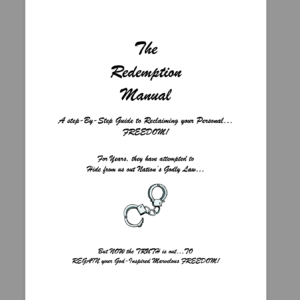
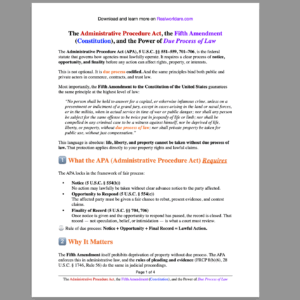
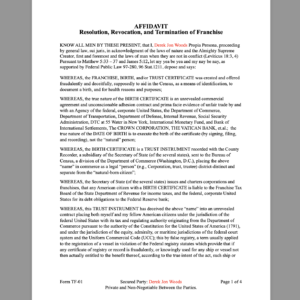
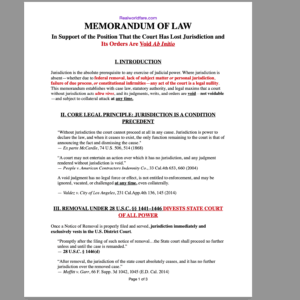
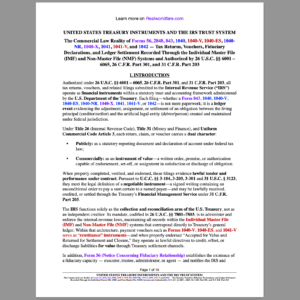
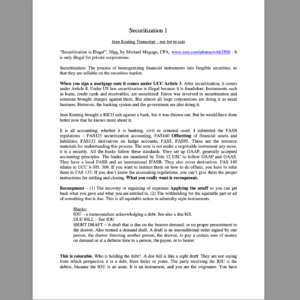



Recent Comments